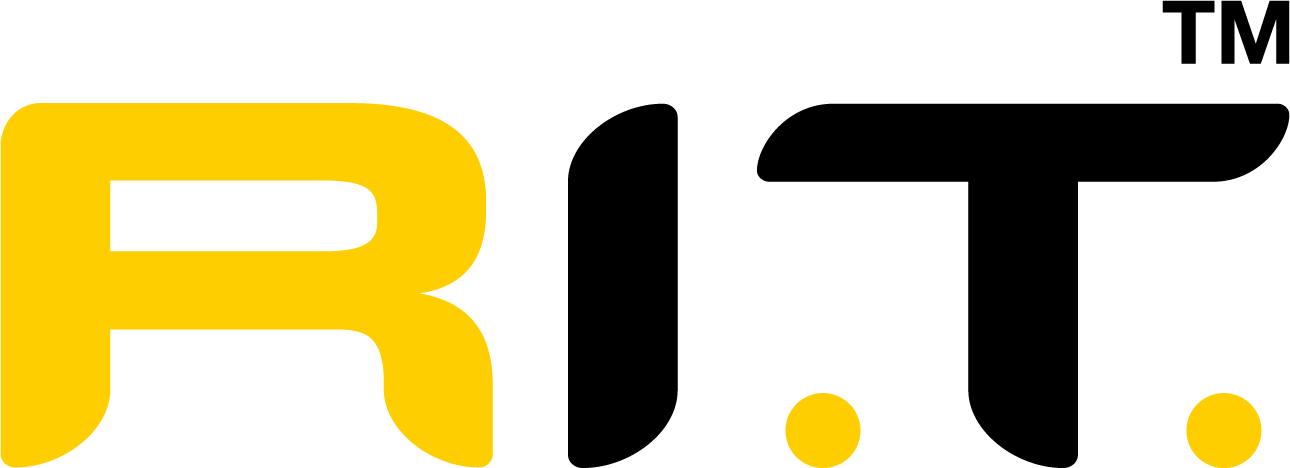Ryan Costello’s path to Ironman 2021
Recruit I.T. Talent Consultant Ryan Costello is only a week away from taking on his biggest fitness challenge yet – racing in the 2021 Taupo Ironman on March 6th and raising funds for Cure Kids while he is at it.
Ryan – who has been with Recruit I.T. for two years – is a relative newcomer to multi-sport events, first attempting a sprint triathlon when he returned from his OE two and a half years ago.
“When I got back from travelling, I was reasonably unfit, but I had always played lots of sports previously, so I thought I would give a sprint triathlon a go. After the sprint triathlon, I wanted to try a full one, but I wasn’t prepared or ready whatsoever!
“I struggled with the run, had no swimming technique and didn’t know anything about nutrition,” said Ryan.
Despite his less-than-ideal introduction to the sport, Ryan kept at it, taking on bigger running events, including some half-marathons and a full marathon, but it was last year’s Covid-19 lockdown that proved a pivotal point in terms of Ryan deciding to tackle a full Ironman event.
“During the lockdown, I found it good for training as I had lots of time to go for runs, plus I got thinking about how the borders are closed, and I can’t travel, so it is a good year to get really fit and work towards a big fitness goal.”
Brett Bothma, Director of Recruit I.T.’s sister company Tech 5, had previously competed in Ironman events and provided some additional inspiration for Ryan to take the plunge and sign up.
“Brett had spoken to me quite a bit about it, and at first, I didn’t really know what the event was, and I had to look into it.
“In the end, the decision was a bit spontaneous, and I thought why not cross it off my bucket list – I didn’t realise at the time how full on it would be,” said Ryan.
Ryan signed up for the event in July last year, and since then, Brett has remained a key person in providing support, preparing an in-depth training plan for Ryan in the lead up to the Ironman event.
“Brett made me a plan that gradually built up on the endurance side of things; he tracks me on my Garmin app and gives feedback; and provides heaps of really valuable advice and guidance around nutrition.”
With Brett’s help, Ryan has gradually built up his training, initially focusing on running, then slowly adding in longer cycles, and getting some coaching for his weakest discipline – the swim.
“Once I committed to the Ironman, I signed up at AUT Millennium pool and started trying to learn to swim correctly, and it’s taken a mixture of swimming training and coaching to get me from the basics to a better technique.
“It’s taken lots of research online, watching YouTube, and practicing what the coach taught me - I’ve still got a lot of improvements to make,” said Ryan.
Ryan said improving his swimming technique has been just one area of focus, with significant changes to his training and general lifestyle also required as part of his preparation.
“I used to do all my training after work, but last year I started adding in training before work to try it out and started to like it. Now, all my training is before work, and I estimate the time it will take and set my wake-up time based on that.”
“It sets me up for the day, and once I am done, I know my training is out of the way, and I feel energized and ready to get on with work,” he said.
Ryan’s training schedule is extensive and generally consists of a cycle and a run on Tuesdays and Thursdays; a long run on Wednesdays; a swim, cycle and run on Saturdays; a long cycle and run on Sundays – and on his ‘rest days’ Mondays and Fridays – an early 5.30am swimming session.
To accommodate the intense training schedule, Ryan said he has had to make changes to his sleep, nutrition, and lifestyle in general.
“I knew from the start that I would need to be up early to fit all my training in, but I probably didn’t realise my days would be starting as early as 3.30 or 4.30am on some days.
“I’ve found my circadian rhythm has adjusted, and I can survive well off a bit less sleep.”
“I have to be eating well, eating a little less and earlier at night, ensuring I have good rituals in place to help with sleep, and of course lots of exercise makes it easy to fall asleep as well,” he said.
Ryan said that while fitting his training in around work takes a lot of personal organisation, he also does not think he would have had the support to tackle such a big task if he was working elsewhere.
“Our flexible work policy is excellent, allowing me to work from home and cut out travel, making it easy for me to work from home on a particular day if I want to fit in a long run – my managers and team are really supportive of that.
“The company helped me get a Cure Kids and Recruit I.T. branded tri suit that I’ll be able to wear during the event to show who I am supporting.”
Ryan said some of his team will be travelling to Taupo to support him for the event and have helped him with his fundraising.
“This has been a big mental challenge, and it’s great that the team ask me about my training, and I can talk to them about it – they have been incredibly supportive.
“Knowing that they will be down there supporting me is fantastic, and they have helped me in fundraising for Cure Kids, which has been one of my biggest motivating factors.”
Ryan said he previously didn’t know a lot about Cure Kids – who fund child health research to help improve, extend, and save the lives of Kiwi kids living with serious illnesses and conditions – but looked into them when he found out Recruit I.T. and Tech 5 were sponsors.
“When I heard Brett had competed in Ironman to raise money for them before and saw all the significant fundraising initiatives they run to help kids, I thought it would be great to raise funds for them myself.
“I’ve always had a passion for kids, so being able to create awareness for them was something I was keen to be a part of – they’ve given me Cure Kids singlets to wear when I run, which provides me with extra motivation.
“Knowing I am backing them helps motivate me – it’s cool knowing I’m creating awareness and also hopefully raising some funds to help kids in need.”
Ryan has a week to go until the big race and still has a way to go to meet his fundraising target, so please check out his fundraising page and get behind him with a donation here - https://givealittle.co.nz/fundraiser/iron-man-2021-for-cure-kids
Connect with us!




